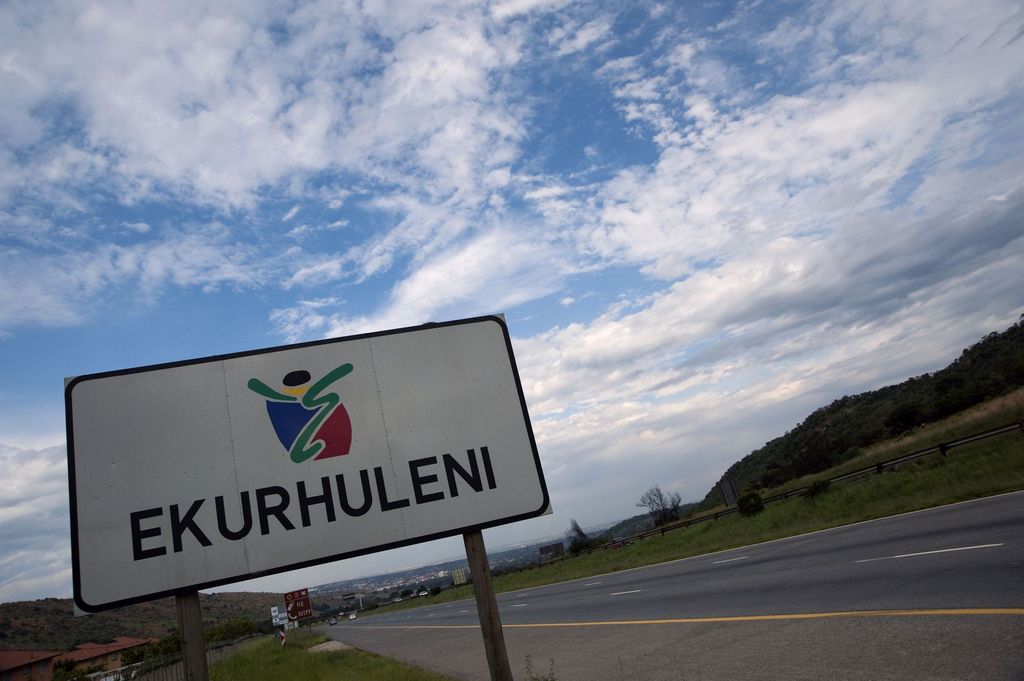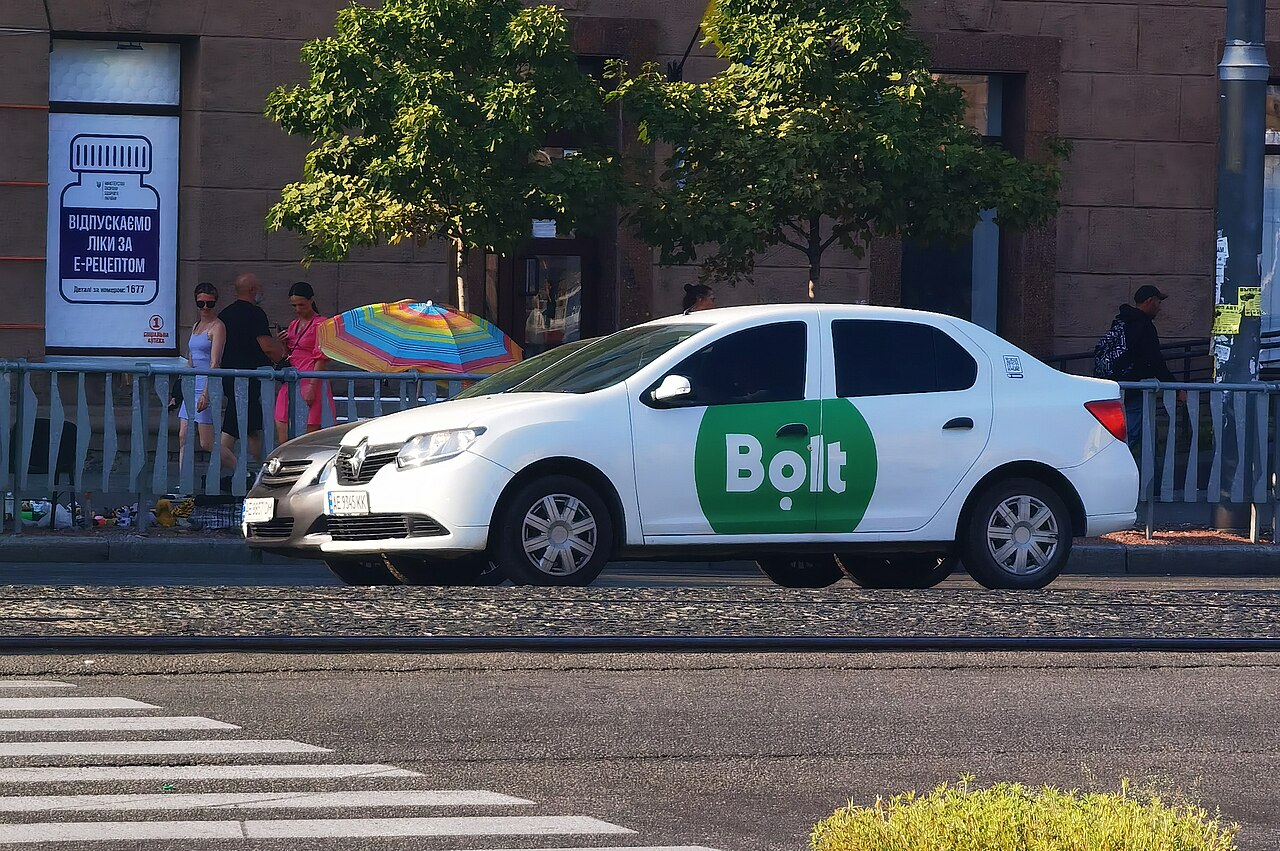We’ve heard plenty about land “expropriation without compensation”, and now South Africa is about to see the entire principle being tested by the courts.
Back in 2019, the city of Ekurhuleni expropriated 34 hectares in Driefontein for housing and offered no compensation. Note, this was before our new land bill was in effect, detailing how expropriation without compensation should work.
Former city manager Imogen Mashazi defended the zero offer, pointing to the land’s 30-year vacancy, lack of development, and no commercial activity. Court papers explain the city’s reasoning: it took the land to meet its “statutory obligations” for social housing, citing the Housing Act and the Constitution, which allow expropriation for public purposes.
The landowners, Business Venture Investments 900, aren’t disputing the expropriation itself. They’re arguing over the city’s offer of… nothing. The company bought the land in 2005 for R1 million and says today it’s worth anywhere between R30 million and R64 million.
Now, that 2019 incident is heading to court to test the principle for the first time. Mediation kicks off on Friday, with a Gauteng High Court trial pencilled in for February 2026 if talks collapse.
That’s because South Africa currently has no active law that explicitly allows for land expropriation without compensation. The Expropriation Act of 2024, which would allow for zero compensation under specific conditions, has been passed but is not yet in effect.
As Dr Tanveer Jeewa, an Advanced Property Law lecturer at Stellenbosch University, told Eye Witness News, the city appears to be misinterpreting the law by arguing its offer is “just and equitable.”
“Until the Expropriation Act of 2024 commences, nil compensation has no statutory footing,” she said.
Under current law, compensation must meet the Constitution’s “just and equitable” standard – not necessarily market value, but not automatically zero.
Quick reminder: The new Expropriation Act (signed but not yet in force) would allow zero payment in some cases, like land held purely for speculation. The new bill lays out a legal balance between addressing historic injustices and protecting legitimate property rights, ensuring fair and transparent procedures rather than arbitrary land grabs (this is NOT Zim 2.0). It’s necessary. Remember when the government agreed to pay R1bn for the exclusive game lodge Mala Mala back in 2013? The insanely expensive deal (at our, the taxpayers’, expense) was shrouded in secrecy and wiped out most of the national Land Claims Commission budget for that year.
Friday’s mediation could either set a new precedent for land reform… or kick off a constitutional showdown. Either way, South Africa is about to see how far expropriation without payment can really go.




